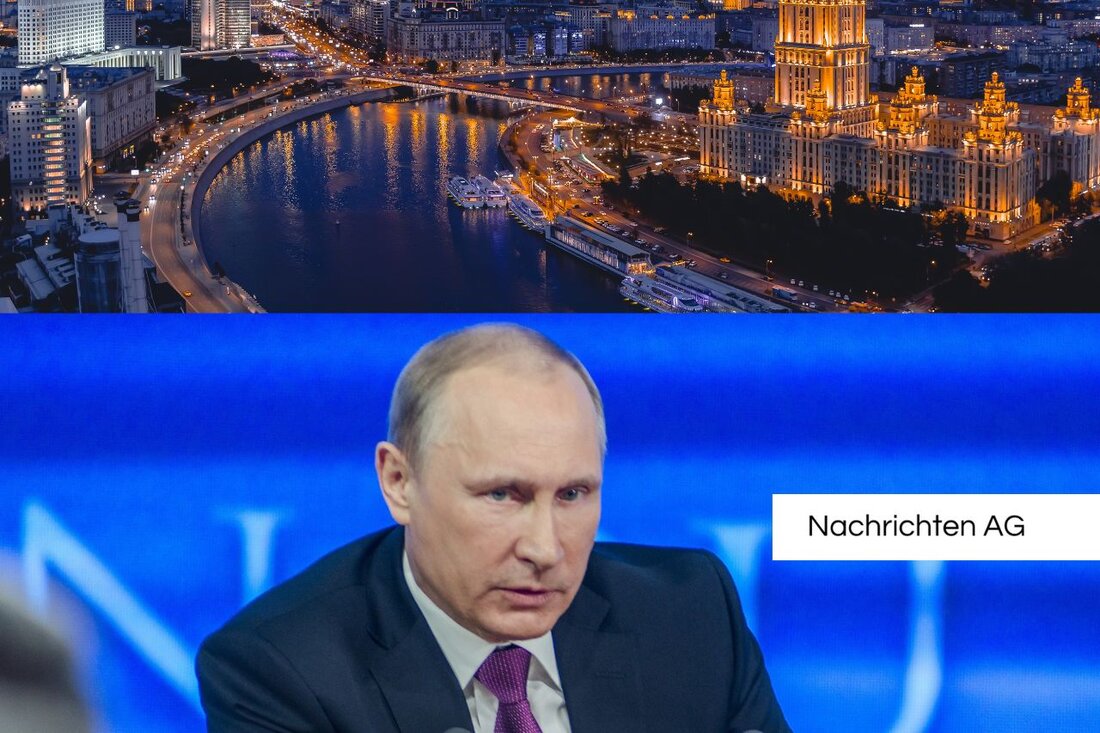Europe imposes strict sanctions against Russia: only strength counts
The European Union announced a new sanction package against Russia on Tuesday. Moscow's daily fatal attacks against Ukraine show that Russia has no interest in peace - despite recently diplomatic efforts. Details of the new sanction package The new package, which has been the 18th since the beginning of the comprehensive unprovocated invasion of Russia against its neighbors a year ...

Europe imposes strict sanctions against Russia: only strength counts
The European Union announced a new sanction package against Russia on Tuesday. The daily deadly attacks against Ukraine show that Russia has no interest in peace - despite recently diplomatic efforts.
Details of the new sanction package
The new package, which has been the 18th since the beginning of the comprehensive, unprovoked invasion of Russia against its neighbor in 2022, aims to further restrict the ability of the Kremlin to earn money from its oil and gas production.
The suggestions include a reduction in the price limit for Russian Oil-exports from 60 dollar per barrel. In addition, a complete ban on transaction for Russian banks and financial institutions is introduced in third countries that help Russia bypass existing sanctions.
Energy Ministry under pressure
The EU also plans a ban on the use of Russian energy infrastructure. This means that EU operators are not allowed to do any direct or indirect business activities with north stream pipelines. The 27 EU member states have to agree to approve the new sanctions. In view of the previous concerns of some Pro-Kremlin governments such as Hungary and Slovakia, this could lead to complicated votes.
political reactions
Although these countries have threatened to block new sanctions in the past, they have ultimately voted for the measures. The President of the European Commission, Ursula von der Leyen, said the sanctions were necessary because "strength is the only language that Russia will understand." She emphasized that the EU wanted peace for Ukraine, and pointed out that despite the diplomatic efforts of Russia, it was not peace, but the enforcement of the right of the stronger.
background of the energy sanctions
The head of the commission explained why the EU is targeting Russia's energy sector. Oil exports still make up a third of the Russian government's revenue. "We have to contain this source of income," said von der Leyen. The price limit for oil was introduced by the EU and the G7 countries in December 2022 to reduce an important source of income for the Kremlin, while the oil flow is not fully interrupted on the global energy market.
future measures
from the Leyen pointed out that the price limit should be reduced because the world market prices have dropped since its introduction. The price of a barrel of Brent oil, the global oil benchmark, has fallen 18 % since the entry into force of the price limit. Although the oil price was almost $ 68 per barrel on Tuesday afternoon, the EU would like to further tighten the sanctions against the banking sector of Russia.
The Commission plans to include another 22 Russian banks in the list of sanctions and also to expand a ban on transaction for financial institutions in third countries that support Russia in circumvention of existing sanctions. In addition, the current ban on materials and technologies that can be exported to Russia is expanded.
An additional focus is on 22 Russian and foreign companies that support Russia directly or indirectly in its military and industrial complex.

 Suche
Suche
